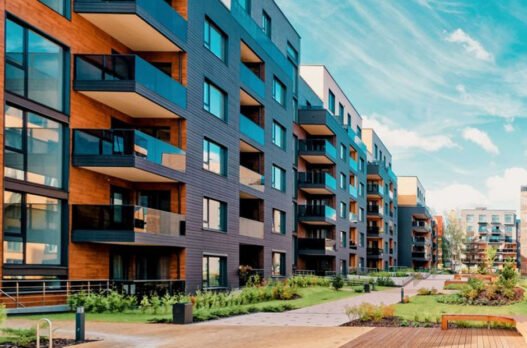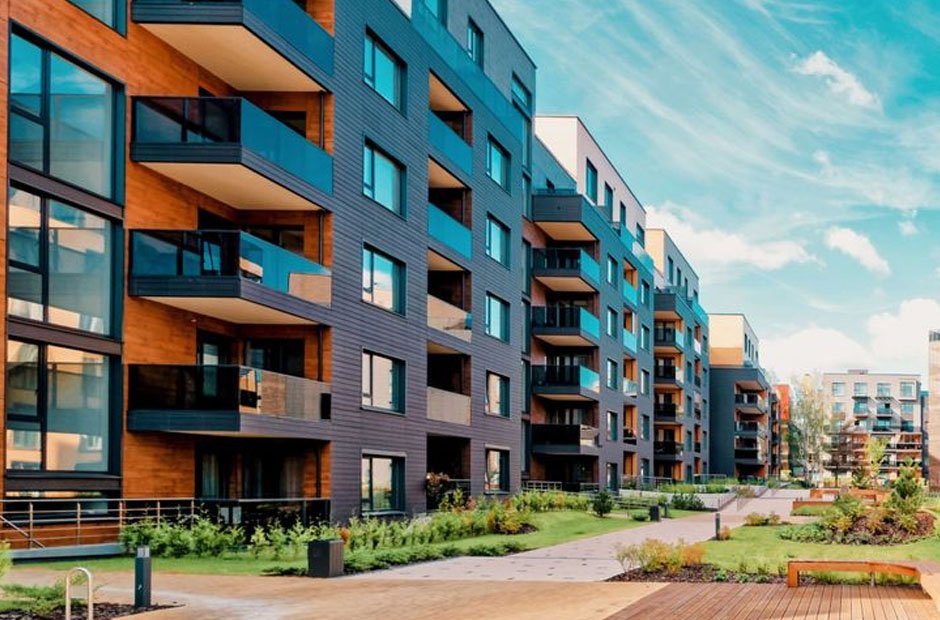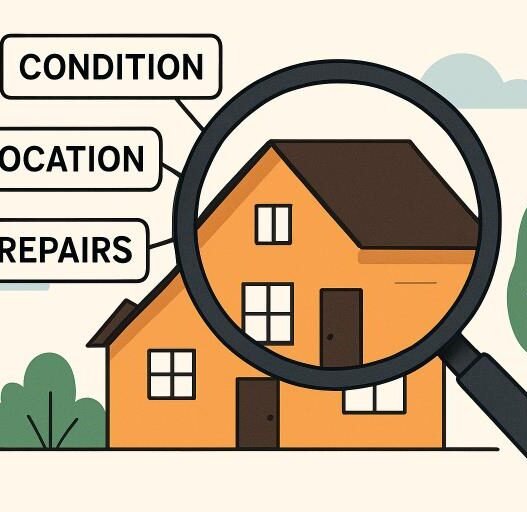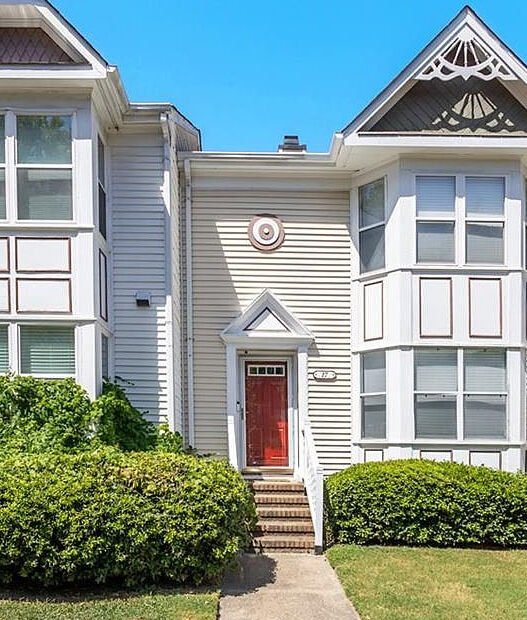A condominium owners’ association (COA) is responsible for managing a community of condo owners. A condominium association management team assists the COA with financial and administrative tasks. Having a community of involved residents helps minimize conflict. Here are some ways condo community management builds residents’ sense of belonging:
Offering Regular Updates
Maintaining clear and transparent communication with residents enables condo owners to stay informed about the latest policy changes. This helps prevent residents from being non-compliant. Communication channels would also allow residents to remain aware of upcoming events, giving them the opportunity to participate. Community newsletters should inform residents about:
- Upcoming meetings: Make sure to provide dates, times, and meeting agendas.
- State of current projects: This allows residents to avoid construction areas and understand how their COA fees are being utilized.
- Policy changes: Informing condo owners about policy changes allows residents to follow policies and prevents misunderstandings.
- Special assessments: Informing residents about the COA’s collection of additional assessments can help prevent complaints.
This information may be sent to residents via newsletters or email. A condo community management team assists the COA with resident communication. Teams can also publish information on the community’s website or send text message reminders to promote clear communication.
Encouraging Participation in Meetings
Meetings offer residents the opportunity to participate in decisions that impact their community. During monthly or annual meetings, condo owners are able to vote on policy changes, new projects, and board members. Residents also ratify the budget, keeping the board financially responsible. Being transparent about community finances and budget information helps create trust.
Inviting residents to participate in meetings allows their voices to be heard. During meetings, condo owners can provide feedback on proposed changes, ask questions, and raise any issues they may have. Active participation in meetings allows for collaboration between the board and its residents. Acknowledging residents’ needs shows condo owners that they are valued. Members of a condo association management team can create meeting agendas and take minutes. This information may be distributed to residents after the meeting, especially if not everyone is able to attend.
Inviting Volunteers for Committees
Providing residents with opportunities to volunteer enables them to utilize their talents. To create community engagement, invite condo owners to participate in committees. Committees can be established to oversee various aspects of the community, including community relations, sustainability, safety, landscaping, and community regulations. These committees usually report to an executive committee, which reports to the board.
Temporary committees can be created to plan community events. Events such as community fairs, festivals, potlucks, and workshops provide residents with opportunities to interact with one another. Working together to plan an event also helps condo owners form connections and create a collaborative community.
Find a Condo Community Management Team
Building a sense of community among condo owners can result in increased active participation and a greater sense of personal responsibility for maintaining the appearance of their condo and property. This helps uphold the complex’s property values. A condo association management team provides full management services or on-demand services. These services include budget creation and recordkeeping, vendor communication, and project management. To learn more about condo community management, find a reliable management team today.













